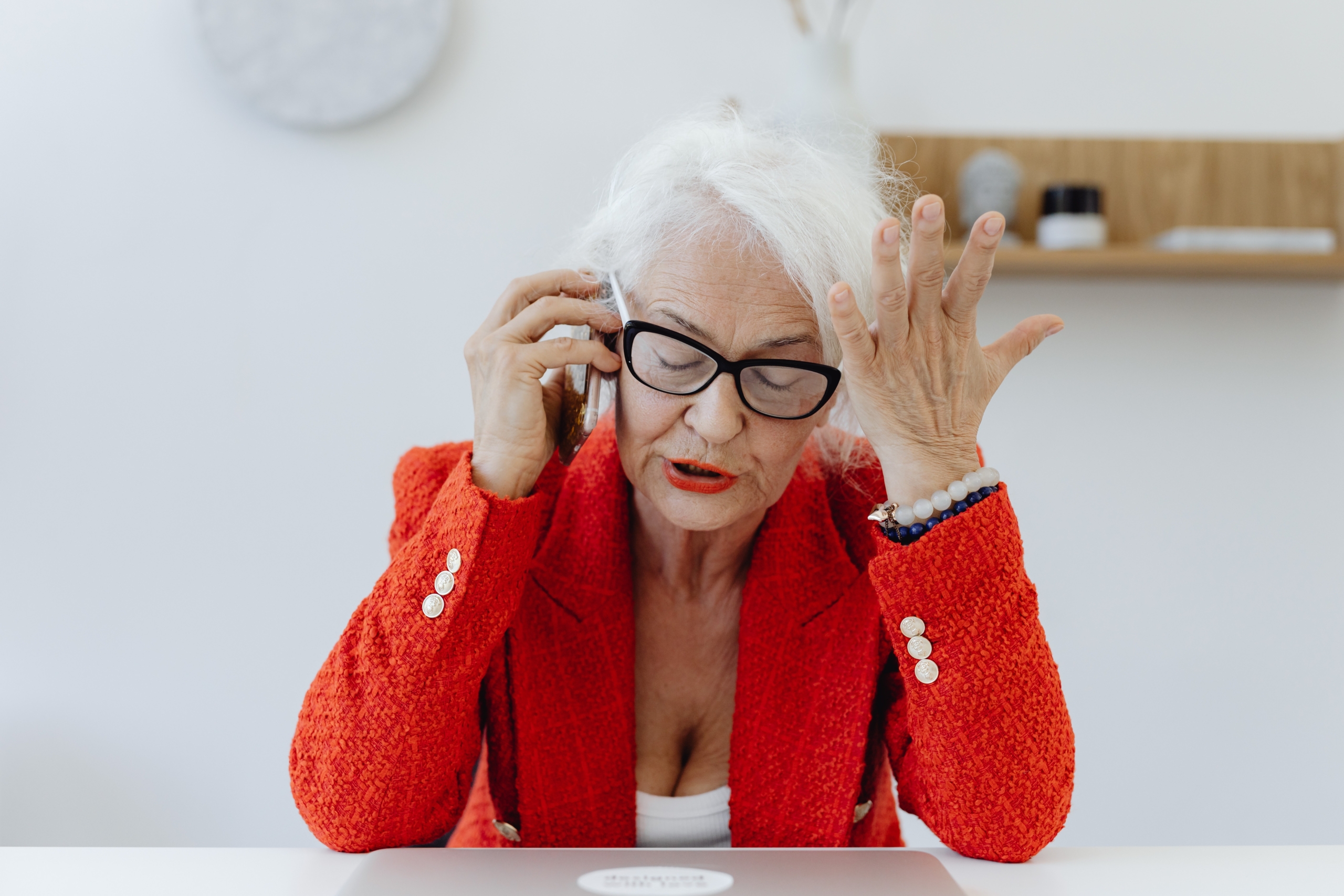With all the reports of porch pirating and mailbox mayhem going on these days, the idea of having home security measures in place is looking better all the time. Or at the very least, wiser. On top of that, when you think about all the scamming and bullying seniors and everyone else is plagued with either online or the phone, it makes you ask if you can do enough to keep yourself safe. The answer is yes, but it isn’t so much about security systems and settings. It is more about awareness, diligence, and being proactive.
The following is a list of things you can do to protect yourself, your home, you bank account, and your other assets. Some of these may seem elementary, but sometimes the most obvious things are what trip us up. Taking someone or something at face value or for granted isn’t always smart. Some of these things may seem harsh. That’s because some of them are, but sadly they need to be mentioned because history tends to repeat itself. Every item on the list is valuable and has been proven to save countless seniors from heartache, embarrassment, shame, financial ruin, and in some cases, even their life.
1: NEVER ever give out personal information on the phone or online unless YOU make the connection using contact information you know without a doubt is trustworthy. For example, if you visit the IRS website and get the contact information to discuss your return, and YOU make the call, it is safe to share. But if someone calls, texts, emails, or sends snail mail requesting you contact them, don’t. Not at the number provided. Instead, go to the company or business’ website and call them direct.
2: NEVER give your credit card number or bank account information to anyone you don’t know and have full confidence in. Not even if they are family.
3: Are you among the millions who shop online? That’s not a bad thing—especially since it means your packages are delivered right to your door or mailbox. Just be sure you are ordering from trusted and secure sites. If you are ordering from someplace new, before you order, check for reviews, scam alerts, and ask around to see if you know someone who has experience with the site.
4: Track your packages. If you know how to shop online, tracking your packages is as easy as one, two, three, and goes a long way toward avoiding porch piracy. By tracking your packages, you will know when to expect them. And if for some reason you aren’t going to be home when they arrive, ask a neighbor to get them for you so they are not left sitting out for someone to see.
5: The cameras that keep watch over your front door, and those that alert you to movement outside or inside your house are inexpensive to buy and easy to use. It’s also safe to say that your kids or grandkids can help with setup if you aren’t sure that you can do it by yourself.
6: Never open emails or text messages from someone you do not know, or from businesses telling you your account has been blocked, that your personal information needs to be updated or is incorrect. Opening these messages is the key that unlocks your information for scammers.
7: Make sure your security settings on social media, your cell phone, and your laptop or tablet are set so that only those people you wish to view, post, or contact you can do so. This, too, is something a computer savvy young person will be able to help you with if you are not sure about how to get the job done.
8: Do not let anyone—stranger or otherwise—intimidate, coerce, force, or guilt you into giving them information, money, or anything else. Along that same line, never let anyone isolate you from your family and friends. Anyone who tries to make themselves your top priority, confidant, caregiver, financial advisor, guardian, or tries to convince you they are the only person who genuinely cares about you, is anything but caring and trustworthy. Quickly, graciously, and decisively cut them out of your life and let someone who is trustworthy know what has happened.
There are plenty of wonderful people in this world. The internet is a technological gift that provides countless benefits to make life easier and more enjoyable. Life is not meant to be lived under a cloud of suspicion and paranoia. Positivity and a cheerful disposition doesn’t have to be coupled with oblivion and denial, though. You can be joyful and smart. Cheerful and savvy. Kind and prudent. Safe, secure, and aging in place just the way you want to.
Guest post By Darla Nobel
The views expressed by the author may not reflect the views of Age Safe America, LLC. The content here should not be taken as medical, legal or financial advice. The content here is for informational purposes only, and because each person is so unique, please consult your own healthcare, legal or financial professional with any questions.

